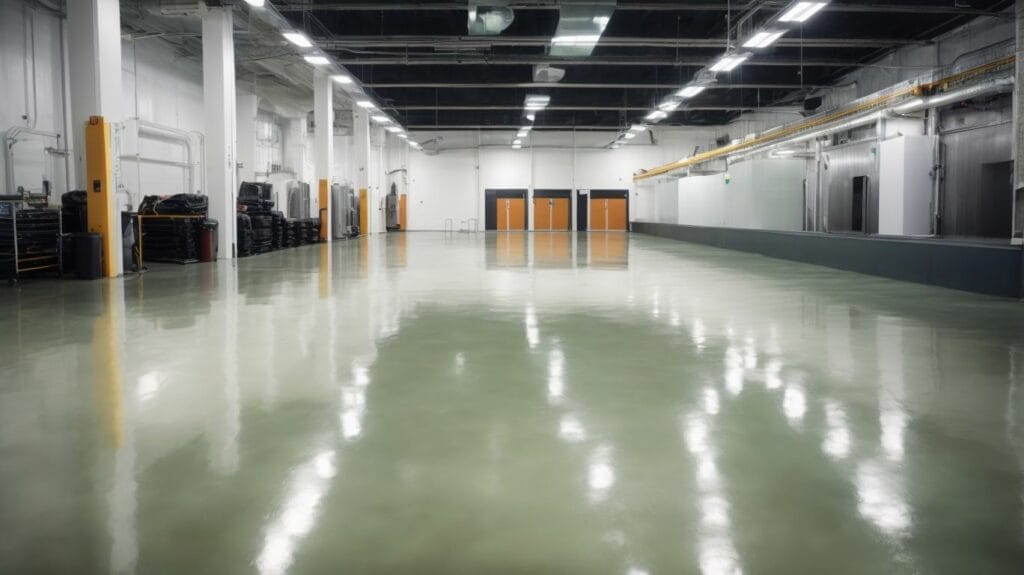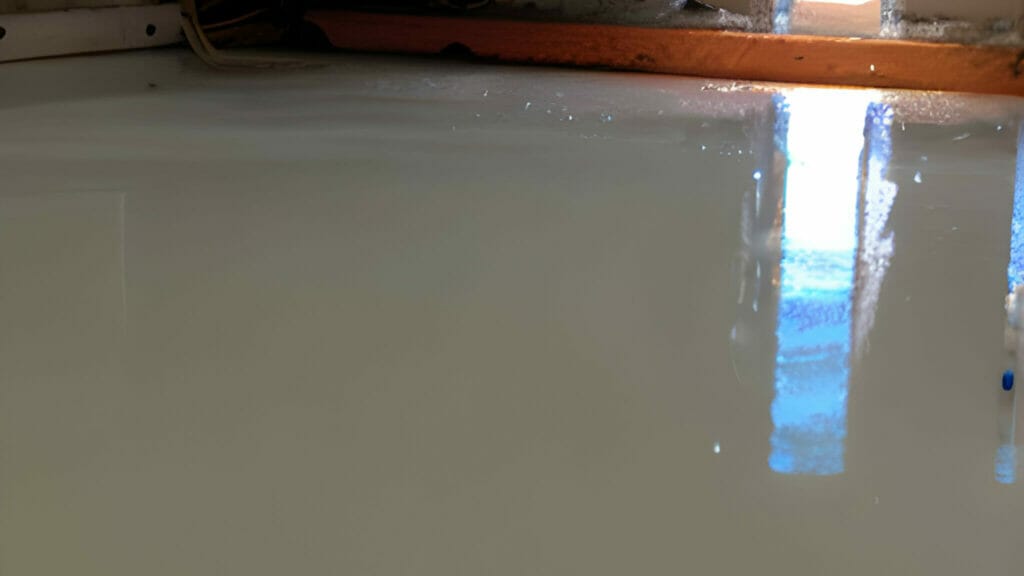Epoxy floors are a popular and durable flooring option for both residential and commercial spaces. They consist of multiple layers of epoxy resin, a type of plastic, that is poured onto a concrete subfloor and then cured to create a smooth, hard, and glossy surface. Epoxy floors are known for their strength, resistance to chemicals and moisture, and easy maintenance. However, like any flooring option, the lifespan of epoxy floors can vary depending on certain factors.
The type of epoxy used and the quality of installation are crucial factors that affect the lifespan of epoxy floors. Different types of epoxy, such as water-based, solvent-based, and 100% solid, have varying levels of durability and resistance. Additionally, proper installation by an experienced professional is essential for the longevity of epoxy floors.
The amount of foot traffic and exposure to chemicals and moisture also play a role in the lifespan of epoxy floors. High levels of foot traffic or exposure to harsh chemicals and moisture can cause damage and wear down the epoxy over time.
On average, residential epoxy floors can last up to 10 years, while commercial epoxy floors can last up to 20 years with proper maintenance. Signs that epoxy floors may need to be replaced include visible damage, loss of gloss or shine, peeling or cracking, and difficulty in cleaning and maintenance.
Regular cleaning and maintenance are essential to extend the lifespan of epoxy floors. This includes sweeping or vacuuming regularly and wiping up spills immediately. Using protective coatings, such as a topcoat, can also help protect the epoxy from damage. Proper installation and timely repairs can also help prolong the lifespan of epoxy floors.
In conclusion, epoxy floors can last for many years with proper care and maintenance. Understanding the factors that affect their lifespan and taking the necessary steps to protect and maintain them can help ensure that your epoxy floors remain strong, durable, and visually appealing for years to come.
Key Takeaways:
- The lifespan of epoxy floors can be affected by factors such as type, installation, foot traffic, and exposure to chemicals and moisture.
- On average, residential epoxy floors can last 5-10 years, while commercial floors can last 10-20 years.
- Signs that epoxy floors need to be replaced include visible damage, loss of gloss, peeling or cracking, and difficulty in cleaning and maintenance.
- To extend the lifespan of epoxy floors, regular cleaning and maintenance, use of protective coatings, and proper installation and repair are recommended.
What Are Epoxy Floors?
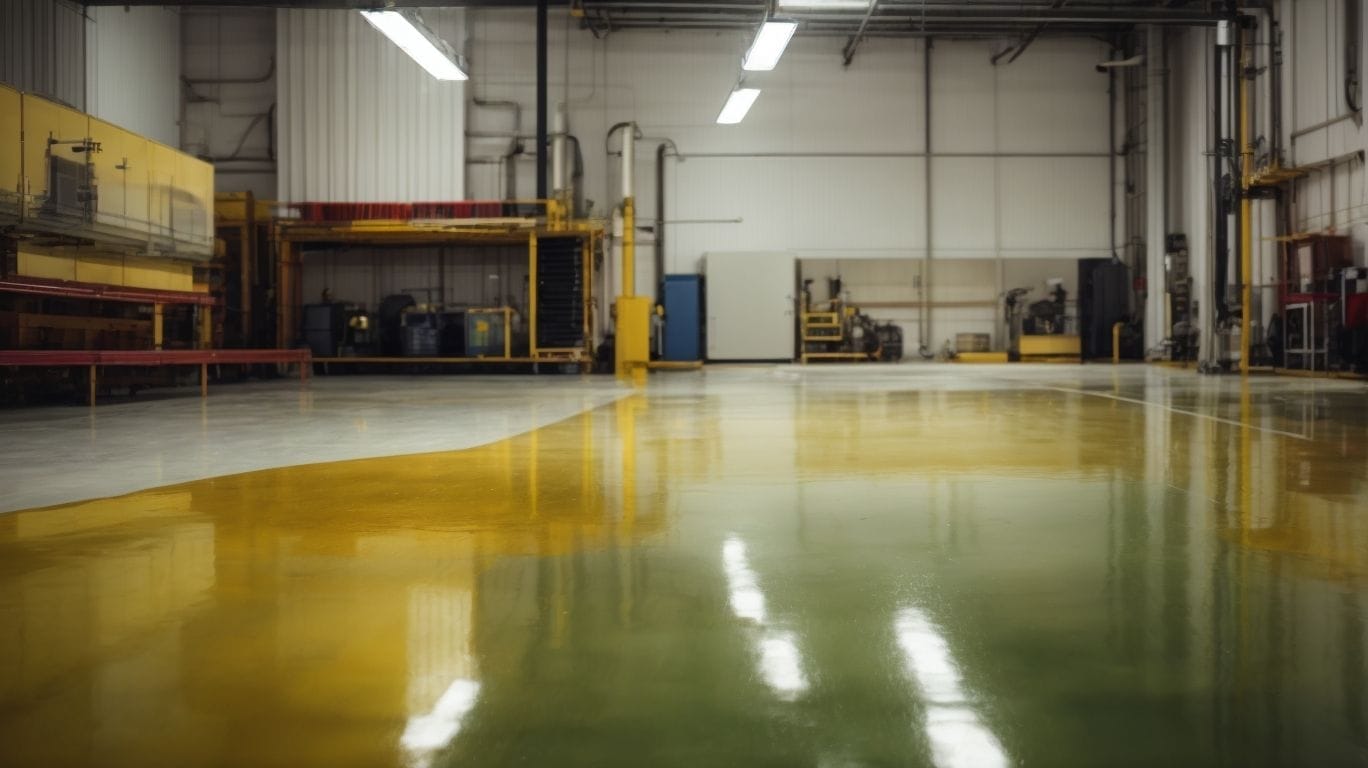
Photo Credits: Diyepoxyresin.Com by Paul Scott
Epoxy floors are a type of flooring that involves applying a tough, plastic coating to concrete floors. This creates a durable, seamless, and attractive surface that is resistant to stains, chemicals, and wear. Epoxy floors are commonly used in industrial and commercial settings but are also gaining popularity in residential spaces due to their long-lasting and low-maintenance nature.
When considering epoxy floors, it is important to properly prepare the concrete substrate to ensure maximum longevity and performance of the epoxy coating.
How Are Epoxy Floors Installed?
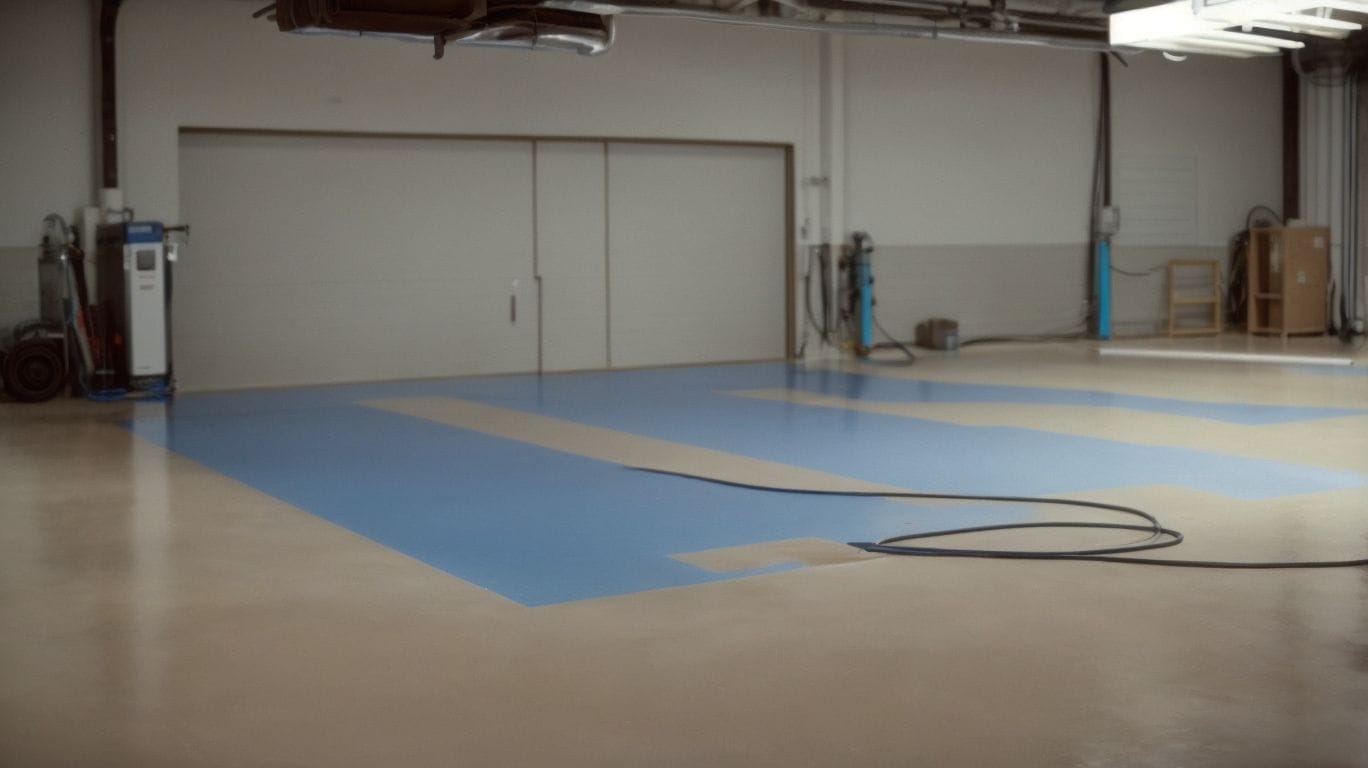
Photo Credits: Diyepoxyresin.Com by Daniel Smith
Surface Preparation: To ensure proper adhesion, the concrete surface must be cleaned and etched before installation.
Priming: Enhance the bond between the concrete and the epoxy coating by applying a primer to the prepared surface.
Mixing and Application: The epoxy resin and hardener must be mixed and evenly applied using a roller or squeegee.
Curing: The epoxy must be allowed to cure for the specified time without being disturbed during this process.
Topcoat (Optional): For additional protection and aesthetics, a clear topcoat can be applied.
What Are The Factors That Affect The Lifespan Of Epoxy Floors?
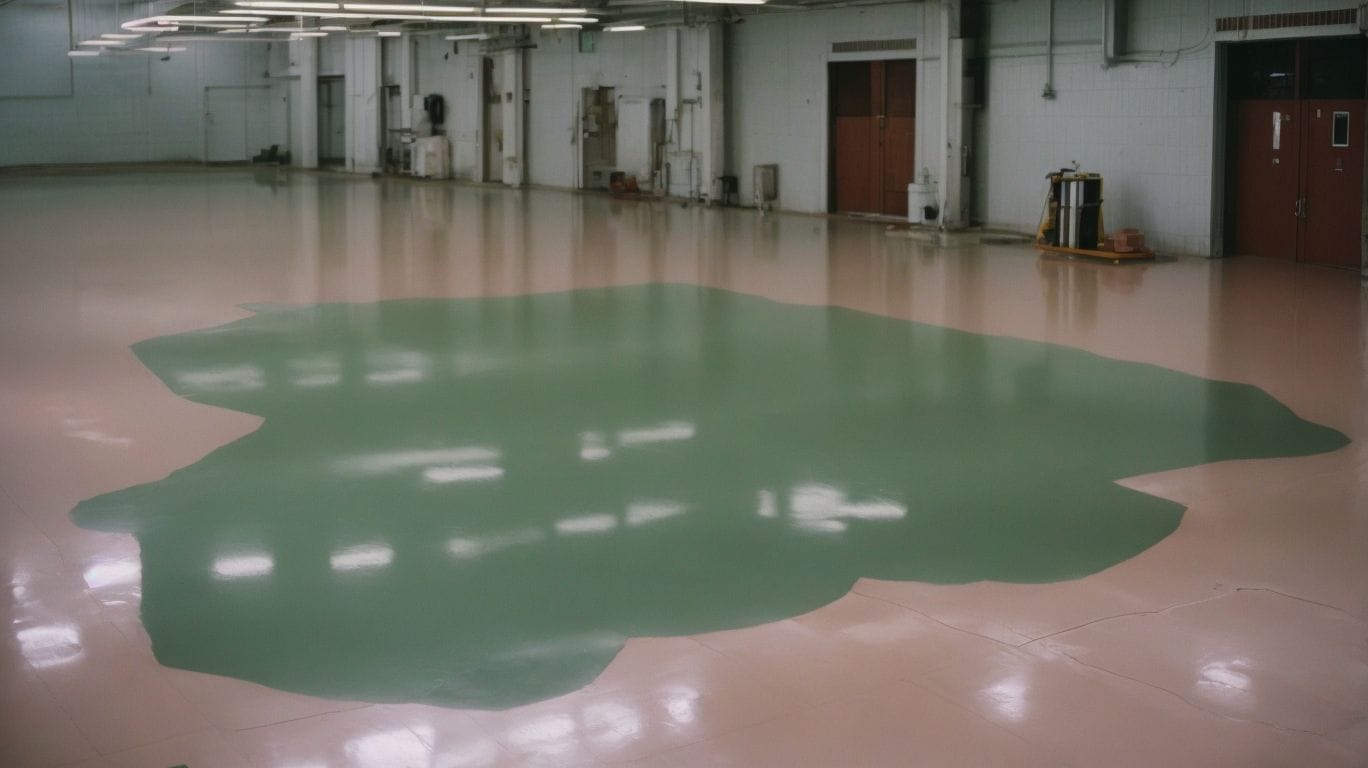
Photo Credits: Diyepoxyresin.Com by Jeremy Lee
The lifespan of epoxy floors can vary greatly depending on a variety of factors. As a homeowner or business owner considering this type of flooring, it is important to understand the main factors that can affect its lifespan. In this section, we will discuss the key elements that play a role in how long your epoxy floors will last. These include the type of epoxy used, the quality of installation, the amount of foot traffic, and the exposure to chemicals and moisture. By understanding these factors, you can better assess the longevity of your epoxy floors and make informed decisions for their maintenance and care.
1. Type Of Epoxy Used
- Epoxy Coating: Choose between solvent-based, water-based, or 100% solid epoxy based on the specific requirements of the floor.
- Consider the type of epoxy used based on the area of application, durability, and maintenance needs.
- Consult with professionals to assess the best type of epoxy for your specific flooring needs.
Once, a company decided to upgrade its industrial facility floors. After thorough research, they opted for a 100% solid epoxy coating due to its durability and easy maintenance. The decision resulted in a significant improvement in the facility’s appearance and safety standards.
2. Quality Of Installation
Surface Preparation: Thoroughly clean and degrease the floor to ensure proper adhesion.
Primer Application: Use a high-quality primer to enhance the bond between the concrete and epoxy.
Professional Installation: Hire experienced installers to guarantee precise application and minimal errors, ensuring the highest quality of installation.
Proper Curing: Allow sufficient time for the epoxy to cure according to manufacturer instructions.
Throughout history, the quality of installation has been crucial to the longevity of various flooring systems, dating back to the meticulous construction of ancient Roman mosaic floors.
3. Amount Of Foot Traffic
The lifespan of epoxy floors is significantly impacted by the amount of foot traffic they receive. Areas with high levels of foot traffic, such as commercial spaces, may experience faster wear and tear and, therefore, require more frequent maintenance. However, with proper care and occasional resealing, the durability of the floor can be prolonged.
For example, applying protective coatings in high-traffic zones can help mitigate the impact of constant use on the epoxy surface.
4. Exposure To Chemicals And Moisture
The lifespan of epoxy floors can be significantly affected by exposure to chemicals and moisture. These elements can cause erosion, discoloration, and reduced adhesion. However, implementing protective coatings and promptly addressing spills can help mitigate these effects and prolong the floor’s longevity.
Unfortunately, a manufacturing facility installed epoxy floors without considering the potential impact of chemical exposure. Within a year, the floors began to show signs of deterioration, resulting in costly repairs. This issue could have been averted by implementing protective measures.
What Is The Average Lifespan Of Epoxy Floors?
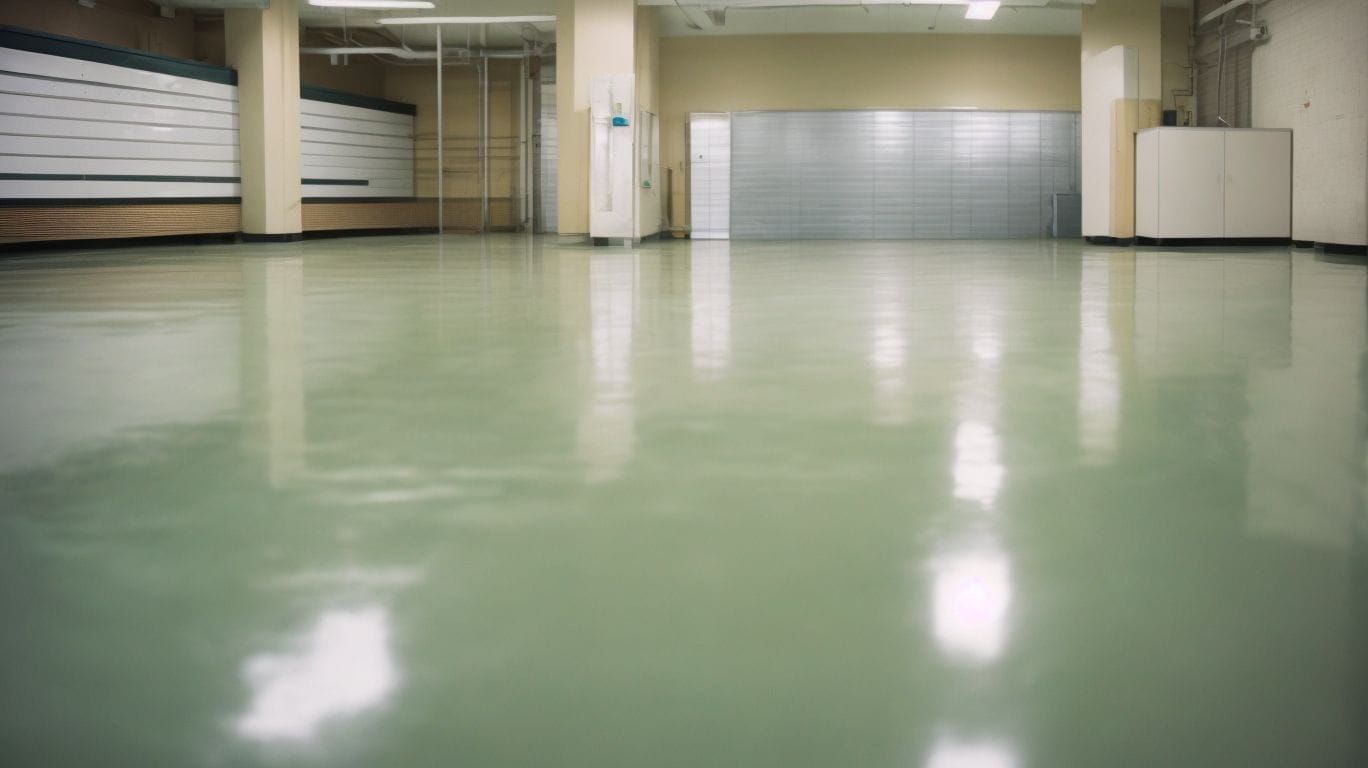
Photo Credits: Diyepoxyresin.Com by George Scott
Epoxy floors are a popular choice for both residential and commercial spaces due to their durability and aesthetic appeal. However, like any flooring option, they will eventually need to be replaced. In this section, we will discuss the average lifespan of epoxy floors and the factors that can impact their longevity. From residential to commercial settings, we will explore the expected lifespans of these floors in different environments and how to maintain them for optimal durability.
1. Residential Epoxy Floors
- Proper surface preparation is crucial before installing residential epoxy floors.
- It is important to choose high-quality epoxy specifically designed for residential use.
- During installation, it is recommended to follow the guidelines provided by the manufacturer.
- Consider the level of foot traffic and usage in determining the most suitable type of epoxy.
- Regular cleaning and maintenance are necessary to prolong the lifespan of the floors.
Sarah chose to have residential epoxy floors installed in her home. Thanks to professional installation and consistent upkeep, the floors have maintained their durability and aesthetic appeal for over a decade.
2. Commercial Epoxy Floors
When installing 2. commercial epoxy floors, follow these steps:
- Surface Preparation: Ensure the surface is clean, dry, and free of any existing coatings or contaminants.
- Primer Application: Apply a suitable primer to enhance adhesion to the substrate.
- Epoxy Coating: Use high-quality epoxy coatings to achieve a durable and attractive finish.
- Topcoat Application: Apply a topcoat for additional protection against abrasion, chemicals, and UV exposure.
To maintain these commercial epoxy floors, it is important to clean them regularly, promptly address any damage, and consider reapplying protective coatings at appropriate intervals.
What Are The Signs That Epoxy Floors Need To Be Replaced?
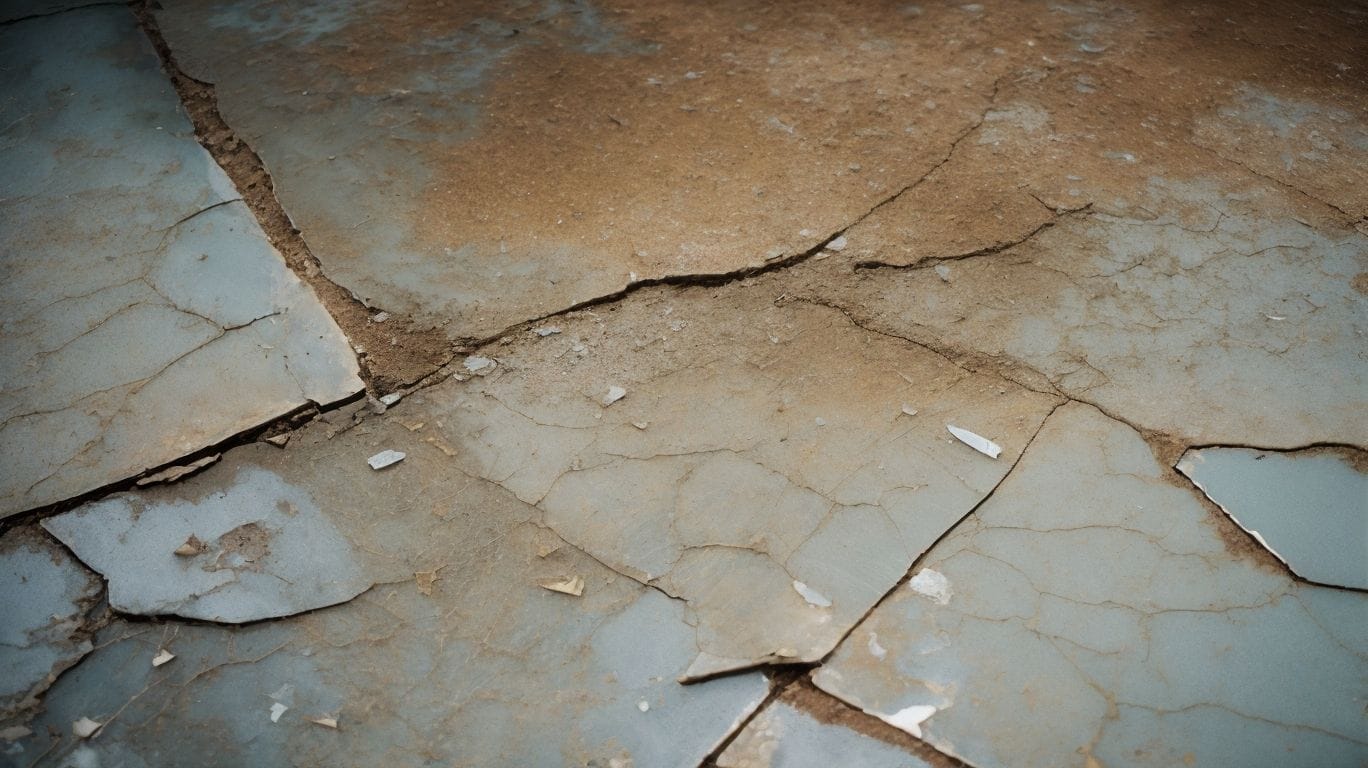
Photo Credits: Diyepoxyresin.Com by Tyler Roberts
Epoxy floors are a popular choice for their durability and longevity. However, like any flooring option, they will eventually need to be replaced. In this section, we will discuss the signs that indicate it is time to replace your epoxy floors. From visible damage to loss of gloss and shine, we will cover all the potential indicators that your floors may need to be replaced. Additionally, we will also discuss the impact of difficulty in cleaning and maintenance on the lifespan of epoxy floors.
1. Visible Damage
- Assess the floor for cracks, chips, or scratches, which may indicate visible damage.
- Look for areas where the epoxy coating has worn away, as this can also be a sign of visible damage.
- Inspect for any discoloration or staining that may indicate visible damage.
- Check for unevenness or rough patches on the surface, as these can also be signs of visible damage.
2. Loss Of Gloss Or Shine
2. A decrease in gloss or shine can indicate that epoxy floors require maintenance. Heavy foot traffic, exposure to UV light, and improper cleaning are all factors that can contribute to this issue. To remedy it, consider resealing the floor to restore its shine. Additionally, using floor wax or polish can help preserve the glossy appearance and protect the epoxy surface from wear and tear.
3. Peeling Or Cracking
- Assess the extent of the peeling or cracking to determine the severity of the damage.
- Prepare the affected area by thoroughly cleaning and drying it to ensure proper adhesion for the repair material.
- Apply an appropriate epoxy patching or repair kit to fill in the damaged areas, following the manufacturer’s instructions.
- Smooth out the patched areas to match the surrounding floor surface, ensuring a seamless finish.
To prevent peeling or cracking, make sure to install the materials properly properly, regularly maintain them, and minimize exposure to harsh chemicals.
4. Difficulty In Cleaning And Maintenance
- Proper and consistent cleaning and maintenance are crucial for maintaining the appearance and quality of epoxy floors.
- Use a mild detergent and water to clean the floor surface regularly, avoiding harsh chemicals that can potentially damage the epoxy coating.
- Promptly address any spills to prevent staining and potential damage to the epoxy floors.
- Regularly inspect the floors for any signs of peeling, cracking, or wear, and address any issues immediately to prevent further deterioration.
How Can You Extend The Lifespan Of Epoxy Floors?
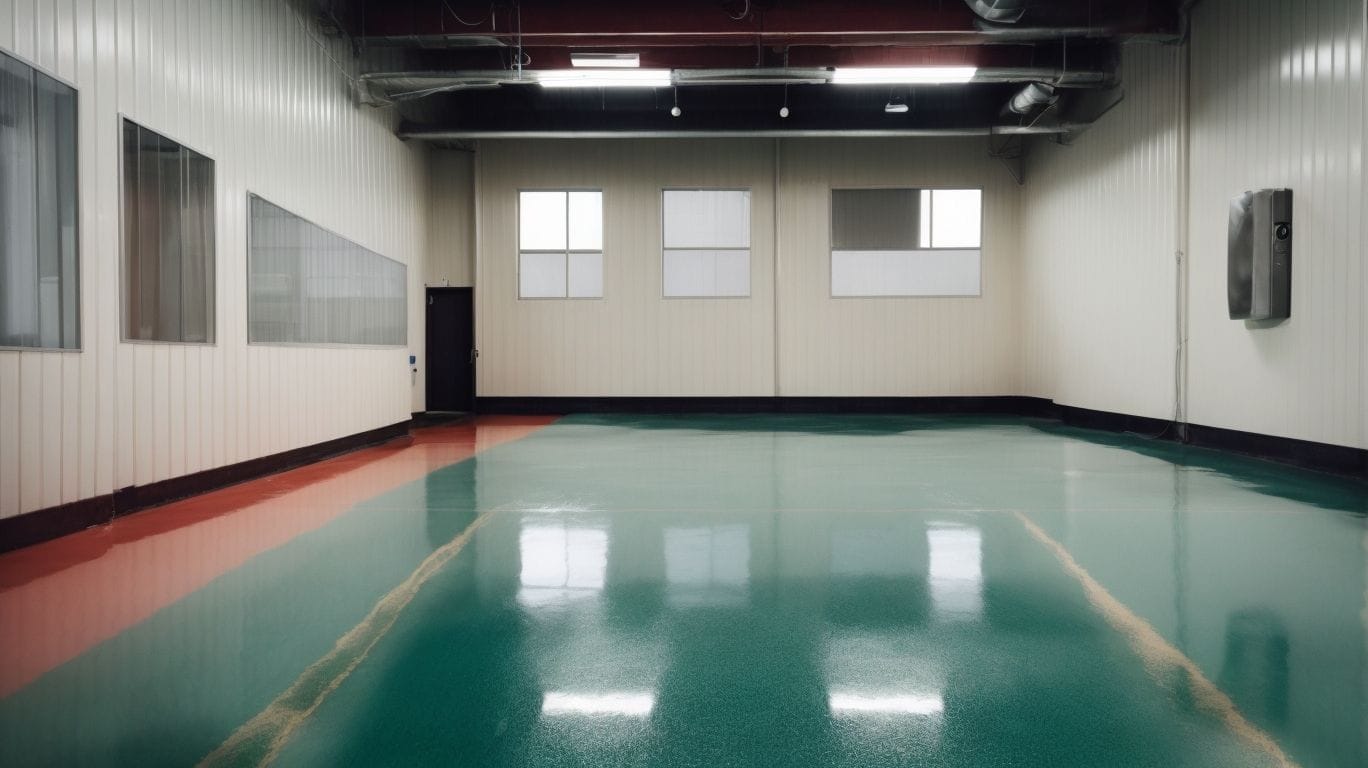
Photo Credits: Diyepoxyresin.Com by Kevin Hill
Epoxy floors are known for their durability and longevity, but how can you ensure that your floors will last as long as possible? In this section, we will discuss the various ways in which you can extend the lifespan of your epoxy floors. From regular cleaning and maintenance to using protective coatings, we will explore the best practices for keeping your floors in top condition. Additionally, we will also cover the importance of proper installation and repair techniques to maximize the lifespan of your epoxy floors.
1. Regular Cleaning And Maintenance
- Establish a routine cleaning schedule using a mild detergent and a soft mop or cloth.
- Regularly inspect for any signs of damage or wear and tear and promptly address them.
- Utilize gentle cleaning methods to prevent scratching the epoxy surface.
- Consider applying a protective wax coating to improve the durability of the floor.
Pro-tip: Implementing a quarterly professional deep cleaning can greatly prolong the lifespan of your epoxy floors.
2. Use Of Protective Coatings
- Choose the right coating: Select a high-quality epoxy primer or base coat to enhance adhesion and durability.
- Apply topcoat: Protect the epoxy floor with a strong topcoat to resist abrasion, chemicals, and UV damage.
- Maintain the coating: Regularly inspect and maintain the protective coating to ensure its effectiveness over time.
The use of protective coatings has been utilized since ancient civilizations such as the Egyptians and Greeks, who utilized natural substances like beeswax and plant resins to protect their structures from environmental elements.
3. Proper Installation And Repair
- Thorough Surface Preparation: Ensure the surface is clean, dry, and free from any contaminants.
- Correct Mixing: Follow the manufacturer’s instructions for mixing the epoxy resin and hardener.
- Proper Application: Use the appropriate tools and techniques during the proper installation process.
- Professional Repair: Address any damages promptly with professional repair methods to maintain the floor’s integrity and ensure proper installation and repair.
